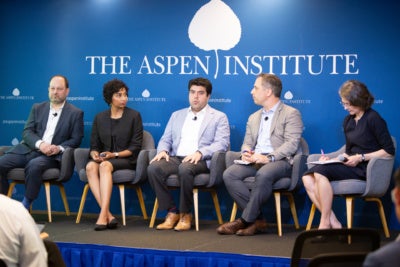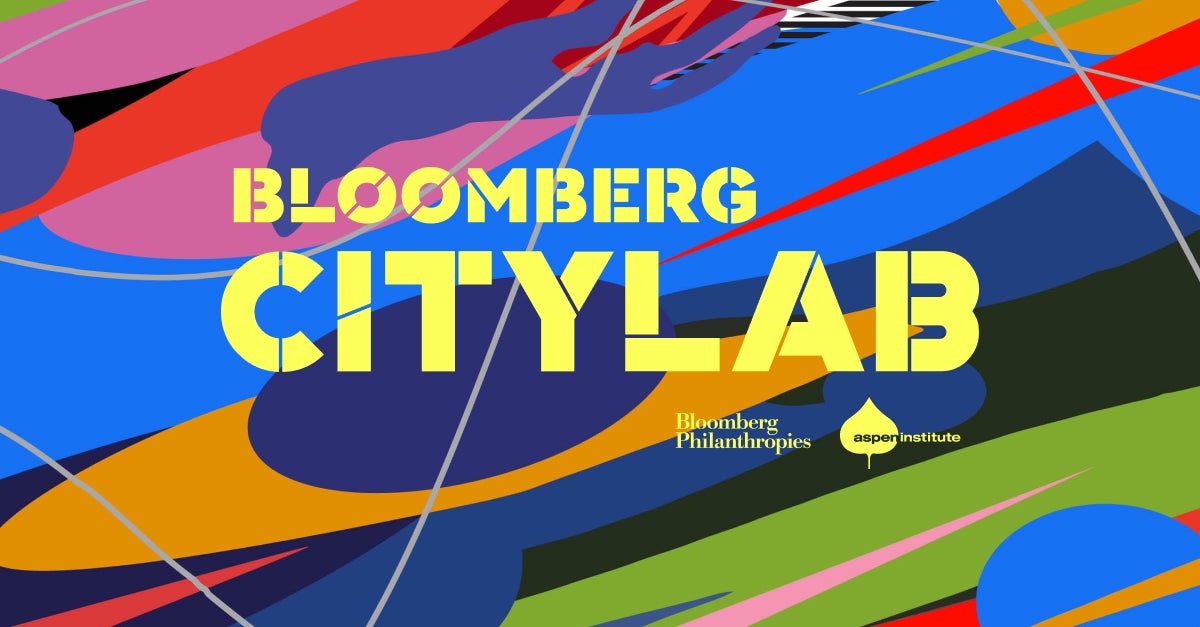What we’re working on & talking about:
Mid-May we’re in Detroit for a workshop with the Detroit Innovation Fellows. If you’re in Detroit May 15, stop by the Urban Consulate for a parlor talk with visiting social innovators from Cincinnati, New York City, and Philadelphia.
We will close out the month supporting our colleagues in the Aspen Institute Latinos and Society Program at their forum on scaling Latino-owned businesses, where we will share ideas and learn more about access to capital and procurement (our favorite topic!). Have you read this piece by Oscar Perry Abello about procurement as a civil rights issue?
I’m honored to be a reviewer for Cities of Service Engaged Cities Award, which highlights models of meaningful and effective resident interaction. Here’s what I hope to learn from cities building new relationships with residents.
Racial equity was the focus of last week’s Building Opportunity for All Forum in Memphis, co-hosted by Atlantic Live and the Shared Prosperity Partnership. Really compelling discussions on hard things: gentrification, education and wages, and how the segregated past is not “the past” at all.
What we’re thinking about: Essential questions for innovation
In collaboration with the Centre for Public Impact and the Boston Consulting Group, we hosted a half-day forum on The Future of Cities a few weeks ago. The forum focused on how cities are innovating with intention, guided by principles of equity, legitimacy, and agility. What struck me about the discussions was how the panelists, many of whom have “technology” or “innovation” in their titles, de-centered technology and re-centered people. That’s exactly where the government innovation conversation has to be.
Noah Siegel of the City of Portland described the arc of Portland’s experience with “smart cities,” starting from big companies delivering “killer app” solutions that turned out not to be solutions at all to, today, evaluating technologies based on two simple questions (borrowed from the City of Oakland): Is it good for climate? Is it bad for racism? Matt Klein, who works for the City of New York, talked about combining performance management and accountability tools with human-centered design techniques to create services that are “more dignified” and therefore more effective.
Bolstering government’s innovation capacity means bolstering government’s problem-solving capacity, whether through training in human centered-design or investments in problem identification. Those skills are currently associated with the technology sector, which has popularized and validated them, but they don’t depend on an app or a complicated piece of software. As Beth Blauer of the just-launched Centers for Civic Impact and Sascha Haselmayer of Citymart both pointed out, a well-defined problem often has a comparatively cheap, simple solution.

L to R: Noah Siegel, Shireen Santosham, Sly Majid, Matt Klein, Jennifer Bradley
(Photo credit: Laurence Genon)
Shireen Santosham of the City of San Jose noted that cities have to “raise up voices at the local level to drive the conversation” around equity, innovation, and technology. She was speaking specifically about the way that some tech companies seek to pre-empt local action in favor of less restrictive state or federal rules. But I think her point applies more broadly. City governments are — imperfectly, incompletely, and haltingly — moving away from innovation and technology for its own sake and towards innovation and technology in the service of larger goals like racial equity and human dignity. That thoughtful shift should inspire other policymakers and perhaps ordinary people looking to set boundaries on technology in their own lives.
For more on how city governments can use technology and innovation to counter the challenges, like extreme income inequality, that technology can create, see this op-ed I wrote with CPI’s Dan Vogel.
We continue to connect many disparate groups working to secure the primacy of people over technology and to imagine what it means for policy and urban life. We hope to share much more soon. Let us know who else we should be talking to: @AspenUrbanInnov.
All best,
Jennifer

